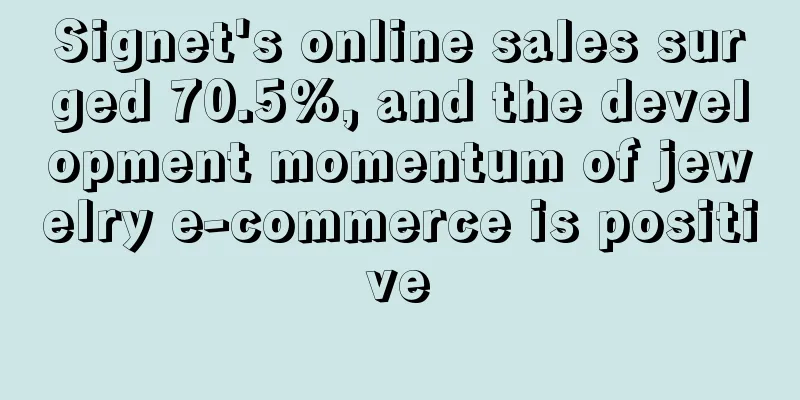Store capitalization becomes the new favorite way to make money, PingPong opens a new channel for cross-border sellers and global capital

|
1. The booming global cross-border e-commerce world is brewing a huge change.
Many overseas consortiums with huge amounts of capital have emerged, like falcons, searching for high-quality third-party stores on cross-border e-commerce platforms.
They are financially strong and have unique vision: once a high-quality target appears, they never drag their feet and act steadily, ruthlessly and accurately.
It is difficult to say "no" to the high-quality stores they have chosen . The price they offer is extremely tempting: the purchase price is often 4-5 times the annual profit of the store.
According to statistics, in this capital-driven "acquisition wave" targeting Amazon's third-party premium stores that is currently taking place overseas, more than 40 overseas companies, with a combined capital of over 3 billion US dollars, are keeping a close eye on third-party sellers on the Amazon platform, and are coming in with great momentum.
"This wave of acquisitions will continue for several years," said Mark Daoust, founder of an overseas capital intermediary agency.
Analysts believe that the rush of global capital into the market is a landmark event, which means that cross-border e-commerce has been recognized by the world's mainstream capital and has become the new favorite of capital giants in their "land grabbing" strategy.
As the "capital influx" is inevitable, PingPong is becoming the throat channel connecting Chinese cross-border e-commerce sellers with global capital.
According to Business Insider, as of March this year, Amazon has added 3,700 new sellers every day, which is equivalent to two sellers joining Amazon every minute! Chinese sellers account for 42% of Amazon's top sellers (as of the end of 2020).
It is worth mentioning that the payment partner chosen by mainstream capital representatives in the world is only PingPong, and there is only one in the world!
Why PingPong?
“The three factors that have contributed to our success include access to capital, access to quality stores and, by far, the most challenging factor – managing operational complexity and cash flow,” said Nate Jackson, Perch’s vice president of acquisitions .
Secondly, PingPong provides Perch with a variety of solutions through highly secure accounts to help the brand achieve more efficient and rapid growth in the future.
Furthermore, and this is extremely important, PingPong is very familiar with Chinese cross-border sellers and can help Perch discover and find the sellers they want.
To put it bluntly, PingPong is a "scout" who finds the next Champion.
4. Should I continue doing it or sell it? This seemingly simple question is actually not that simple .
Barzilai (an Israeli) is a seller on the Amazon platform. He mainly operates a VR headset brand. He has been doing this for more than two years and his annual turnover exceeds US$1 million.
Years ago, he sold the store to Perch. "Tired of the fierce competition among peers, and the growth has reached a bottleneck." This is one of the reasons why Barzilai chose to sell. Another reason is naturally the extremely tempting purchase price, but Barzilai just smiled and did not disclose it to the public.
This means that for fast-growing sellers, either they will be targeted by capital or their competitors will be targeted by capital. The latter means that their living space will be further squeezed.
It's time to prepare for bigger storms ... |
>>: Practical tips! If you do these 10 things, buyers will actively open their wallets...
Recommend
What is Shandong Port Group Co., Ltd.? Shandong Port Group Co., Ltd. Review, Features
Shandong Port Group Co., Ltd. is an important prov...
Search volume increased by 2450%, and when will the US housing market collapse?
Due to the COVID-19 pandemic, the U.S. housing ma...
What is Aim? Aim Review, Features
Aim is a Belgian company focused on acquiring suc...
The number of orders increased 46 times in 30 days. Shenzhen's "hardcore strategy" has become popular in Southeast Asia!
As a maternal and child product seller on Lazada,...
64% of Main Street businesses in the U.S. will see sales growth
Although the latest variant of the new coronaviru...
What is Snowball Station? Snowball Station Review, Features
Xueqiu Off-site has been focusing on Amazon off-s...
The US bathroom products market is huge! The scale will reach 298 million
The peak season is approaching, and in addition t...
What is the People's Bank of China? People's Bank of China Review, Features
The People's Bank of China , the central bank...
Taobao and Tmall’s “transformation and innovation”: user-first, ecological prosperity, technology-driven
On May 10 , at the Taobao Tmall 6 18 Merchant Con...
What is Zero? Zero Review, Features
Zero Quit Smoking with a Plan That's Right for...
What is iSellerPal? iSellerPal Review, Features
iSellerPal is a professional artificial intelligen...
The global cross-border e-commerce value will exceed $3.3 trillion in the next five years with a growth rate of 107%
According to a new study by Juniper Research, the...
South Korea increases housing supply plan, furniture market sees huge growth
For the furniture market, the increase or decreas...
Amazon Australia sales hit a new high of $883 million
In the past year, Amazon's sales in Australia...
What is Dedao International Logistics? Dedao International Logistics Review, Features
Dedao International Logistics (Shenzhen) Co., Ltd...









